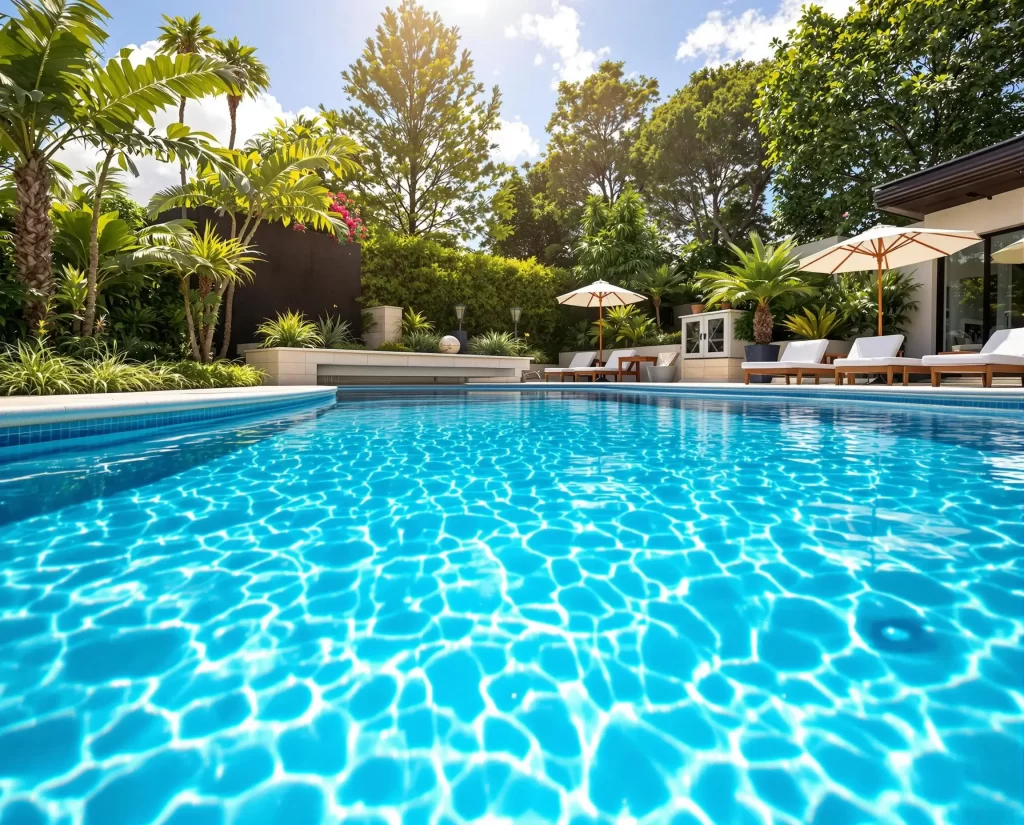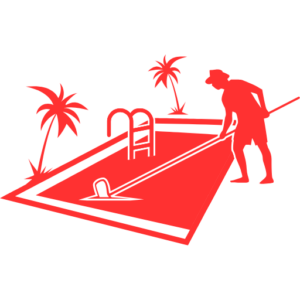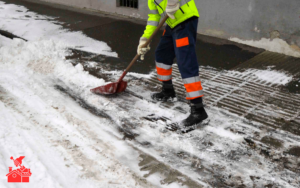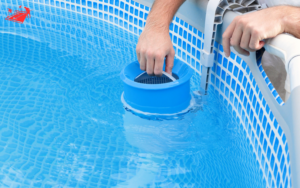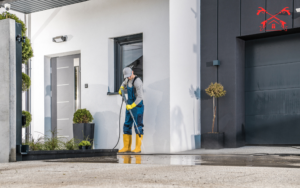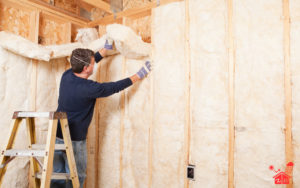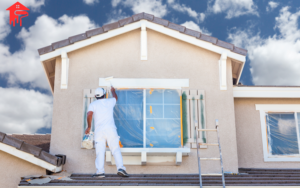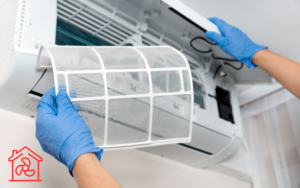How to Add Salt to My Saltwater Pool
A saltwater pool can offer a more enjoyable swimming experience compared to traditional chlorine pools. Adding salt to my saltwater pool is essential to keep the water clean and maintain the health of the entire swimming system. Let's dive into how I can do this efficiently and effectively.
Understanding Saltwater Pools
In a saltwater pool, chlorine is generated through the electrolysis process when saltwater goes through the salt cell. This means I need to maintain the right level of salt for the system to function correctly.
How Much Salt Do I Need?
To ensure my pool has the proper salinity level, it’s important to know the volume of my pool and the recommended salt level, which usually ranges between 2700 and 3400 ppm (parts per million).
- To calculate the amount of salt:
- Determine my pool volume (in gallons).
- Use a salt calculator or follow general guidelines: 1 pound of salt per 100 gallons of water raises salt levels by approximately 100 ppm.
Choosing the Right Salt
Not all types of salt are suitable for my pool. I should use salt that is specifically designed for saltwater pools, often labeled as “pool salt” which is either sodium chloride or salt with a higher purity level, free from additives.
Steps to Add Salt
Adding salt to my saltwater pool can be done in simple steps:
- Test My Water Chemistry: Before adding salt, I should check the current salinity level to determine how much salt I need to add.
- Calculate the Required Amount: Use the formula mentioned previously to find out how much salt is needed for my pool volume.
- Distribute the Salt: Spread the salt evenly across the pool surface, particularly near the deep end, where the circulation is better.
- Run the Pool Pump: To help dissolve the salt, I should run the pool pump for at least 24 hours after adding the salt.
- Re-Test the Salinity: After a day or two, I can test the salinity levels again to ensure they are within the desired range.
Frequently Monitor Salt Levels
I should regularly check my pool’s salt levels to maintain optimal performance. Seasonal changes, frequent swimming, and water evaporation can all affect the salinity levels.
DIY vs. Professional Services
While I can add salt to my pool myself, hiring a professional pool cleaning service in Indianapolis can help avoid mistakes and ensure the job is done correctly. Professionals bring expertise, efficient techniques, and the right tools to handle pool maintenance.
Testimonials
“I never knew maintaining my saltwater pool could be this easy! The service team guided me through adding salt and other maintenance perfectly.” — Sarah W., Indianapolis, IN
“Switching to a saltwater pool has been a game changer. I couldn’t have done it without the professional help.” — Kevin P., Indianapolis, IN
“After trying to manage my pool alone, I realized I needed experts. They helped me add salt and get everything running smoothly!” — Lisa M., Indianapolis, IN
Did You Know?
Did you know that maintaining the right salt level can save me money by reducing the need for additional chemicals and ensuring my salt cell works efficiently?
TL;DR Summary
- I need to determine my pool volume to calculate the right amount of salt.
- Use only high-purity pool salt for best results.
- Regular monitoring and maintenance are essential for optimal pool health.
- Hiring a professional can simplify the process and ensure proper upkeep.
FAQs
How often should I add salt to my saltwater pool?
I need to check my pool’s salinity every few months or whenever I notice a drop in chlorine production. Adding salt as needed can ensure my pool remains in optimal condition.
Can I use regular table salt in my saltwater pool?
It’s best to avoid regular table salt due to its additives, such as anti-caking agents. Instead, I should use salt specifically formulated for pools, which is pure and free from impurities.
What should I do if I add too much salt?
If I accidentally over-salt my pool, I may need to dilute it by draining some water and refilling it with fresh water. This will help bring the salinity level back down to the recommended range.
Will rainwater affect my pool’s salt levels?
Yes, rainwater can dilute the salinity of my pool. After heavy rainfall, I should retest the salinity levels and add salt if necessary to maintain balance.
What happens if my salt levels are too low?
Low salt levels can lead to reduced chlorine production, which can result in poor sanitation. I should regularly check and adjust my salt levels to maintain a clean and healthy swimming environment.


